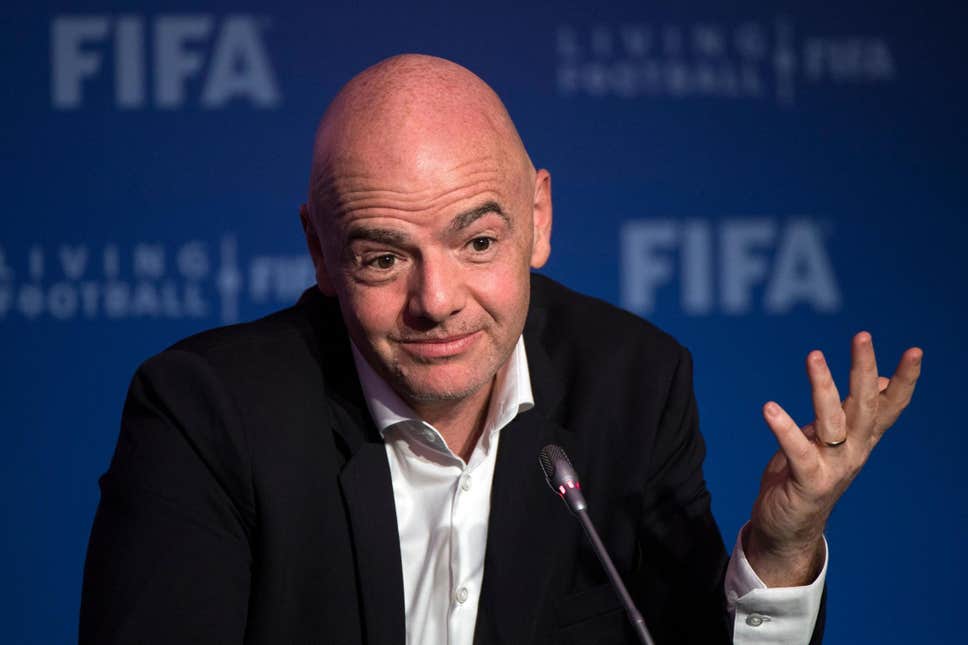China: FIFA Breaks Own Rules for Club World Cup
FIFA’s surprise selection of China to host the 2021 Club World Cup disregarded its own human rights commitments in the bidding process, Human Rights Watch said today, releasing correspondence with the global football governing body.

In March 2019, FIFA expanded its Confederation Cup from 8 to 24 teams and renamed it the Club World Cup. Eight months later, on October 24, the FIFA president, Gianni Infantino, announced in Shanghai that FIFA had chosen China to be the host of the inaugural 2021 Club World Cup. Contrary to FIFA statutes and policies, there was no public bidding process, no stakeholder consultations, and no human rights risk assessment.
“FIFA flouted its own human rights commitments by granting hosting rights to China for the Club World Cup,” said Minky Worden, global initiatives director at Human Rights Watch. “FIFA is sending the message that the rules that apply to other governments don’t apply to Beijing.”
FIFA’s correspondence with Human Rights Watch refers to “internationally recognized human rights standards” that apply to China – but FIFA has not made these hosting arrangements or any agreement with Beijing public.
As human rights groups and the media have documented, the Chinese government is committing serious human rights violations, including labor abuses, mass arbitrary detention, mass surveillance, torture, severe restrictions on journalists, and mistreatment of more than one million Uighurs and other Muslim ethnic minorities in “political education” camps in Xinjiang. Such abuses will directly affect groups participating in the FIFA Club World Cup, including athletes and fans from around the world, workers building venues, and journalists, among others. China has no domestic media or internet freedoms, core requirements for FIFA event hosts.
In an October 29 letter to FIFA, Human Rights Watch asked the global football governing body to explain its decision to grant a flagship tournament to China’s state-run federation without stakeholder consultation or assessing the obvious human rights risks, steps set out in the United Nations Guiding Principles on Business and Human Rights (the “Guiding Principles”), which FIFA has endorsed and which are enshrined in FIFA policy
Read Also:.
FIFA’s Human Rights Policy, adopted in 2017, outlines the global football authority’s responsibility to identify and address adverse human rights impacts of its operations, including taking adequate measures to prevent and mitigate human rights abuses. Article 7 of FIFA’s Human Rights Policy states that “FIFA will constructively engage with relevant authorities and other stakeholders and make every effort to uphold its international human rights responsibilities.”

